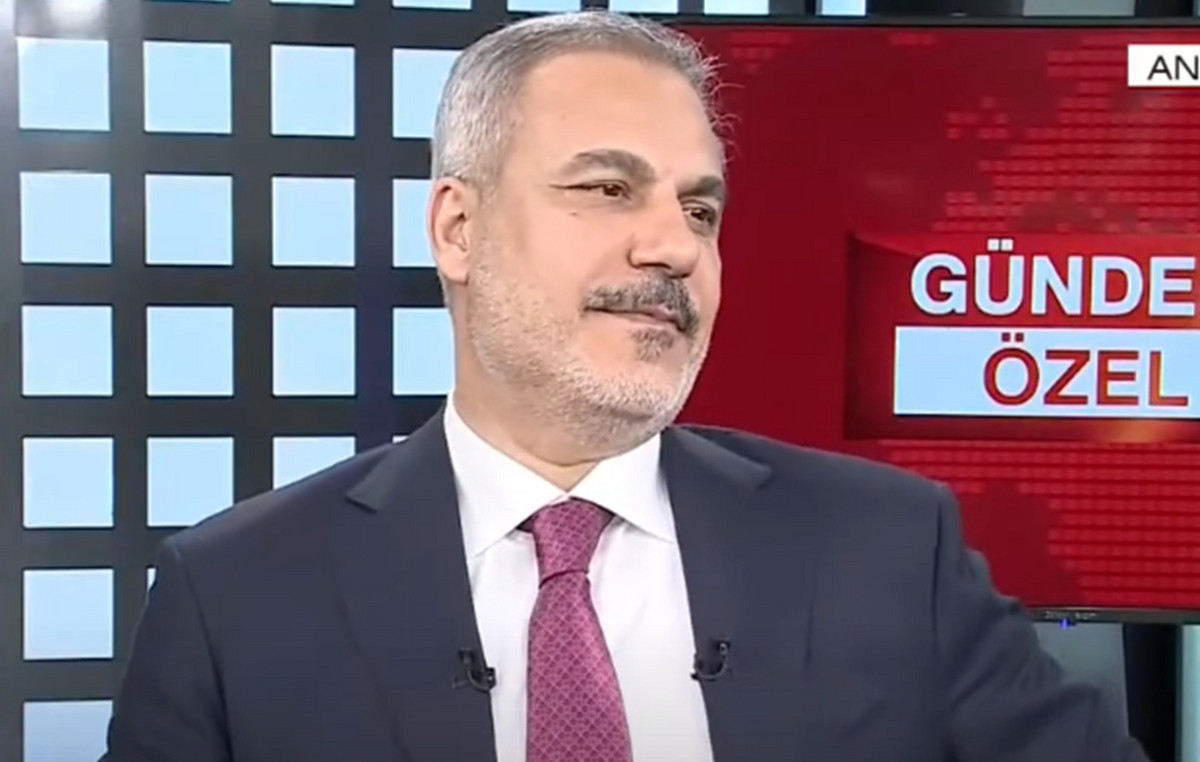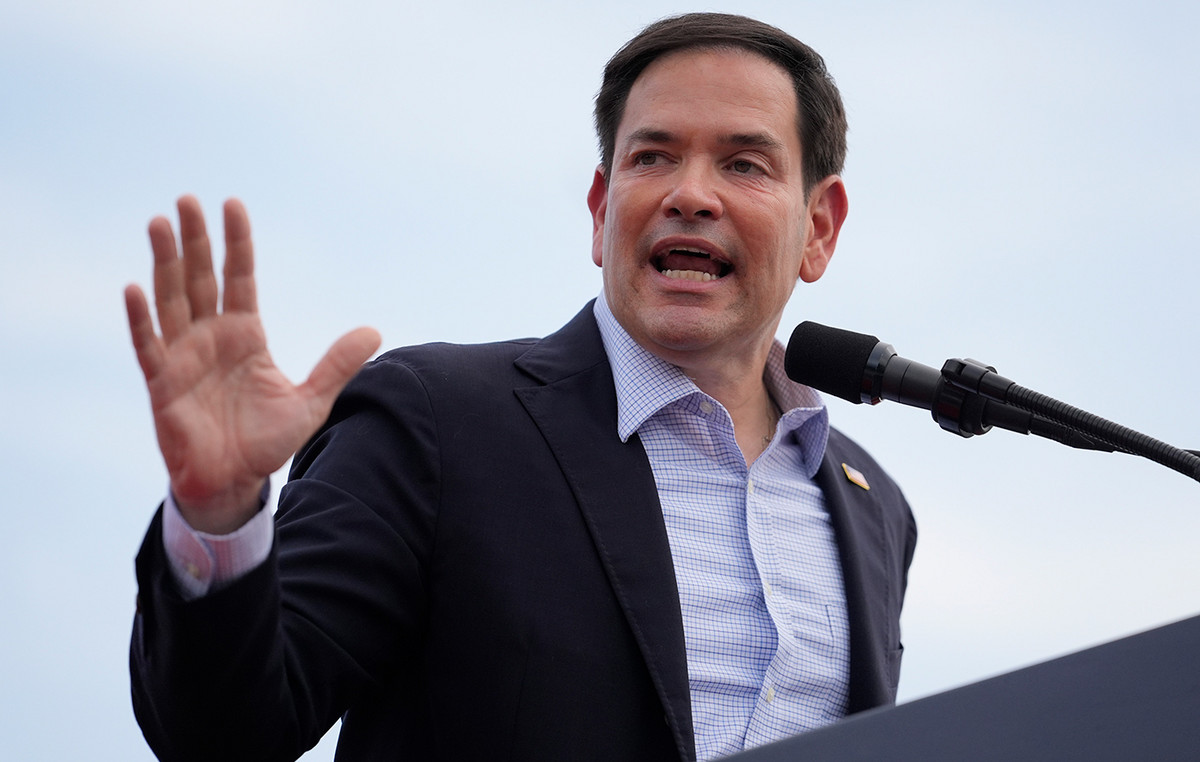The IPCA (Extended Consumer Price Index) —which measures the country’s official inflation–, increased by 0.49%% in November, after rising by 0.59% in the previous month, informed the IBGE (Brazilian Institute of Geography and Statistics) this Friday (9).
In 12 months, the index accumulates a high of 5.90%, below the 6.47% observed in the immediately previous 12 months.
The market expected an increase of 0.53% in the month and 6.01% in the annual comparison, according to a Reuters poll.
Transportation and food pulled the index
Seven of the nine groups of products and services surveyed increased in the month, with emphasis on Transport (0.83% and 0.17 pp) and Food and beverages (0.53% and 0.12 pp).
Together, the two contributed with around 71% of the November IPCA, says the IBGE.
Transport was impacted, above all, by the increase in fuel prices (3.29%), which in October had fallen by 1.27%. The prices of ethanol (7.57%), gasoline (2.99%) and diesel oil (0.11%) rose in November. The exception was vehicular gas, with a drop of 1.77%.
The greatest individual impact came from gasoline (0.14 pp). The IBGE also highlights increases in registration and licenses (1.72%), new cars (0.50%) and voluntary vehicle insurance (0.97%), which jointly contributed with 0.07 pp
“The increase in gasoline prices is linked to the increase in the price of ethanol. This occurred due to an off-season period for sugarcane production. Gasoline contains anhydrous alcohol in its composition”, explains the research manager, Pedro Kislanov, in a note.
On the downside, airline ticket prices fell by 9.80%, after rising 8.22% in September and 27.38% in October.
Regarding Food and beverages, the main items responsible for the increase of 0.53% were food for consumption at home (0.58%).
The biggest changes came from onion (23.02%) and tomato (15.71%), whose prices had already risen in October (9.31% and 17.63%, respectively). There was also an increase in the prices of fruits (2.91%) and rice (1.46%).
“In the case of onions, we had a reduction in the national supply, mainly in the Northeast, but also in other places such as São Paulo and Minas Gerais. This decrease was not covered by imports because there is not a large supply of onions on the foreign market. With regard to tomatoes, supply is usually affected by the climate factor. At this time of year, the winter crop is already sold out,” says Kislanov.
*In update
Source: CNN Brasil
A journalist with over 7 years of experience in the news industry, currently working at World Stock Market as an author for the Entertainment section and also contributing to the Economics or finance section on a part-time basis. Has a passion for Entertainment and fashion topics, and has put in a lot of research and effort to provide accurate information to readers.







